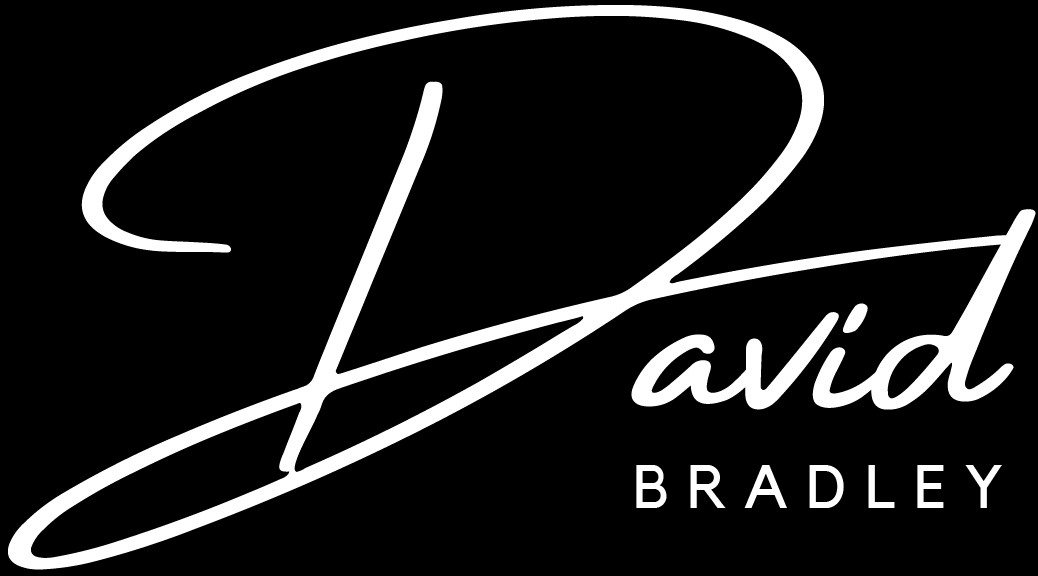I started writing a book in July. It began as one, masterful piece. But, with the vision I set for it, it would take at least a year working on it full-time, so I had to readjust…
After creating about a half a dozen different ideas, I finally settled on what made most sense for me, my audience, and my business: designing a digital marketing strategy.
This post is about what I learned while writing the draft of the book.
* * * * * * *
Set a Smart Schedule:
I started out with three days each week at 1.5 hours each. Almost 5 hours each week is a reasonable pace to get an eBook done.
The result? After a few weeks, all I found myself doing was at best one day per week. When the other scheduled times in my calendar came up, I dragged them over to do the next day, then the next, and so on.
I was going for too much at one time – assuming that fewer days would make it easier on me.
Here’s my recommendation:
- Find the time you are most likely to write, not the best time to do good writing. It’s more important to get it done than for it to be perfect.
- Aim low, gain high. I set myself up for 30-minutes each day, with the mental note that even 20-minutes would be just fine. The low requirement made it easy to get started. And sometimes, I’d find myself in a flow, flying through pages after an hour or longer.
- Make your goal to write absolute shit. That’s it. If you can write absolute shit for 30-minutes, you’re on your way to a powerful eBook. If you sit and stare at the screen for ten minutes before getting started
Set a Smart Deadline:
I found a better process after my initial process failed. There’s two things to keep in mind: things come up and short deadlines means you get work done faster.
Here’s the step-by-step I recommend:
- Calculate on average how many words you will write each day
- Calculate the total length of the book you are targeting/estimating for
- Take these estimates and establish days you need to write
- You have now arrived at your ideal deadline!
- Now add a week to it.
We add a week because it’s fine if you finish early, but it’s safer to assume things will interrupt you. Just have the discipline to not use this week as an excuse down the road to not get work done!
Of course, your deadline and schedule may not line up. You may have a set deadline based on factors outside of writing speed and book length. Adjust this to fit your needs, but this is what worked for me.
Find An Editor Early
I believe in removing any potential distractions. One of those is finding an editor.
Use this activity (and similar) as extra tasks to get done when you have an hour to spare one day. Don’t use it as an excuse to avoid writing, or else you’ll find yourself dragging this out.
A few simple ways to find your editor:
- Ask your network. Know anyone who produced a book? Better yet, veteran writers? See who they have.
- Ask in author groups. This can be your local author association or a Facebook group. Ask around!
- Try eLance, oDesk, and similar sites. Just make sure you hire smart – look for experience, the reason they want to edit your book, and run a small test.
- Contact me ([email protected]) for my kick-ass editor
Also, remember to budget for this. As a gauge, you can find a good editor for roughly $150 every 10,000 words.
Outlining
The frame you build helps to keep you tracking and sustain confidence as you type away. My outline changed a lot from its initial framework to where it ended up. However, it did give me an idea where I could move.
It also gave me security in knowing that I have plenty of more topics to talk about, and they all fit together in a logical way.
Finally, it helped me write about whatever I wanted. I wasn’t just stuck writing from the point I last left off at. I could skip forward, or back, and write about what I really want to that day.
* * * * * * *
So that’s it – Be smart about your schedule and deadline, get your editor lined up early, and start out with an outline to help guide you. Those are the biggest keys I found to being successful early.
When I did these steps in September, I finally got some traction with the book. Remember, I “started” in July, but I wasn’t successfully writing until September!
Save yourself from wasting time also and use these tips. I promise, they will help you!
Sign Up for Free Early Access
